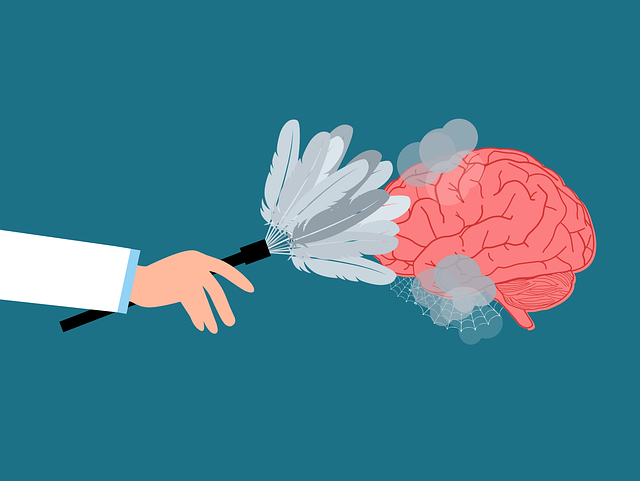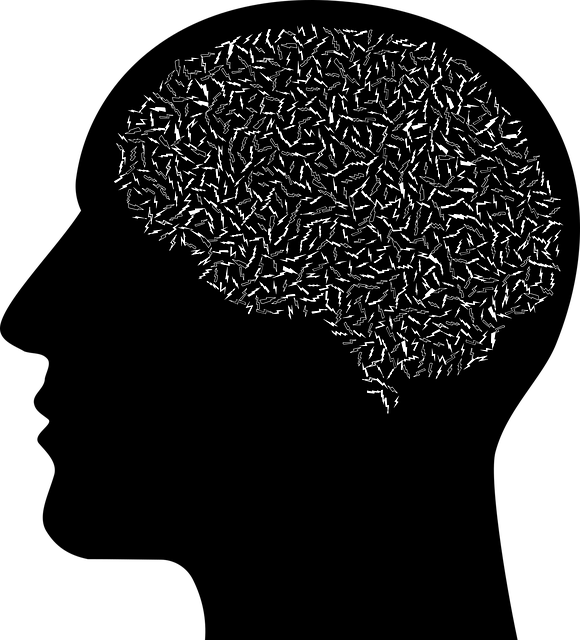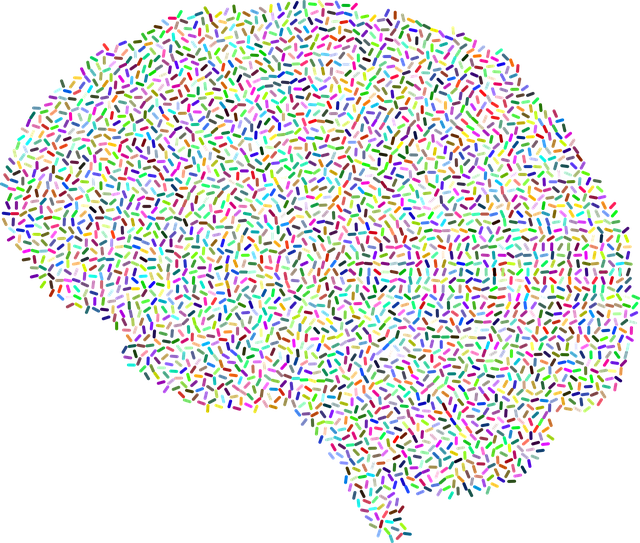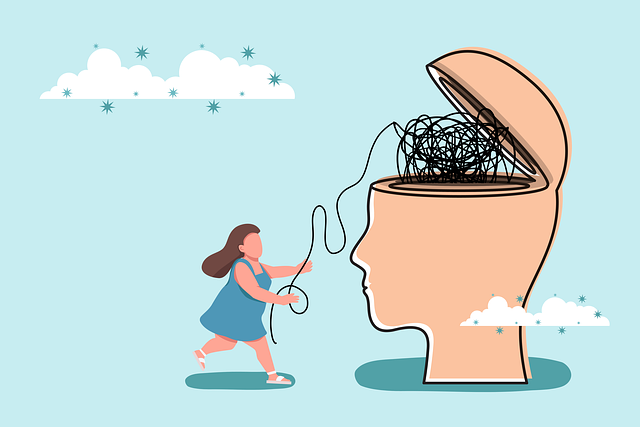Arvada Functional Neurological Disorder (FND) therapy emphasizes social skills training as a crucial aspect of holistic healing, addressing challenges in communication and relationships. Mental health professionals teach empathy, self-awareness, and risk management to improve clients' social interactions and confidence. Through structured programs and tailored strategies, individuals with FND gain enhanced social skills, boosting well-being and community engagement. This integrated approach combines mental wellness coaching, mindfulness techniques, and positive thinking to revolutionize patient care, focusing on meaningful connections and overall mental resilience.
Social skills training is a powerful tool in supporting individuals with mental health conditions, particularly those diagnosed with functional neurological disorders (FNDs). This article explores the significance of social skills and their profound impact on mental well-being. We delve into the specific challenges FNDs present in social interactions and offer effective strategies for training. Additionally, it highlights how integrating social skills training into Arvada Functional Neurological Disorder Therapy can enhance overall patient outcomes and improve quality of life.
- Understanding Social Skills and Their Impact on Mental Health
- Identifying Challenges: Social Interaction and Functional Neurological Disorders
- Strategies for Effective Social Skills Training
- Integrating Social Skills Training into Arvada Functional Neurological Disorder Therapy
Understanding Social Skills and Their Impact on Mental Health

Social skills are integral to our daily interactions and overall well-being, but they can often be overlooked when addressing mental health concerns. In the context of Arvada Functional Neurological Disorder Therapy, understanding and enhancing social skills are game-changers for individuals navigating various mental health conditions. These skills involve effective communication, empathy, and appropriate social behaviors, all of which contribute to building healthy relationships and improving mental resilience.
Mental health professionals play a crucial role in teaching and reinforcing these skills. Cultural sensitivity in mental healthcare practice is essential, as it allows therapists to cater to diverse client needs. By incorporating self-awareness exercises and risk management planning, professionals can create a safe space for individuals to develop and refine their social interactions. This holistic approach not only benefits the individual’s immediate support network but also has a ripple effect on their overall mental health and recovery journey.
Identifying Challenges: Social Interaction and Functional Neurological Disorders

Social skills training is especially crucial for individuals with functional neurological disorders (FND), as these conditions often manifest in difficulties with social interaction and communication. Arvada Functional Neurological Disorder Therapy recognizes that FND can lead to a range of challenges, from struggle with eye contact and conversation initiation to interpreting non-verbal cues and understanding social norms. These barriers can significantly impact daily life, affecting both personal relationships and professional interactions.
Mental health professionals play a vital role in helping clients with FND navigate these complexities. Through comprehensive risk assessment, therapists can tailor interventions focused on empathy building strategies and self-esteem improvement. By fostering better social awareness and interaction skills, these approaches not only enhance overall well-being but also empower individuals to engage more confidently in their communities.
Strategies for Effective Social Skills Training

Social Skills Training is a powerful tool for managing mental health conditions, such as Functional Neurological Disorder (FND) in Arvada. Effective strategies often involve structured programs that teach and reinforce essential social interaction techniques. These programs can be tailored to individual needs, focusing on areas like communication, active listening, empathy, and non-verbal cues. For instance, role-playing scenarios help individuals practice responding appropriately in various social situations, boosting their confidence.
Incorporating activities from Stress Management Workshops Organization can further enhance training outcomes. Teaching mindfulness techniques and stress management strategies enables participants to navigate social environments with greater calmness and clarity. Additionally, focusing on Self-Esteem Improvement allows individuals to challenge negative beliefs about themselves, fostering a more positive social outlook. These integrated approaches create a comprehensive framework for improving social skills and overall well-being.
Integrating Social Skills Training into Arvada Functional Neurological Disorder Therapy

Integrating Social Skills Training into Arvada Functional Neurological Disorder Therapy offers a holistic approach to patient care. By combining evidence-based social skills development with specialized neurological treatment, therapists in Arvada can help individuals navigate and improve their interactions in various settings. This multifaceted strategy recognizes that managing a functional neurological disorder (FND) isn’t solely about physical or cognitive symptoms; it’s also about fostering meaningful connections and enhancing mental wellness.
In this context, Mental Wellness Coaching Programs Development plays a pivotal role in teaching effective communication techniques, empathy building, and conflict resolution strategies. Complementing these with practices such as Positive Thinking and Mindfulness Meditation can empower individuals to regulate emotions, reduce social anxiety, and build resilience. As patients develop these skills, they become better equipped to handle social challenges, promoting their overall mental wellness and improving their quality of life.
Social skills training is a valuable component of treating mental health conditions, particularly in the context of Arvada Functional Neurological Disorder Therapy. By understanding the impact of social skills on overall well-being and implementing targeted strategies, individuals can navigate social interactions with greater confidence. Integrating these training sessions into therapy regimens allows for holistic care, empowering those affected by functional neurological disorders to improve their social connections and overall quality of life.














